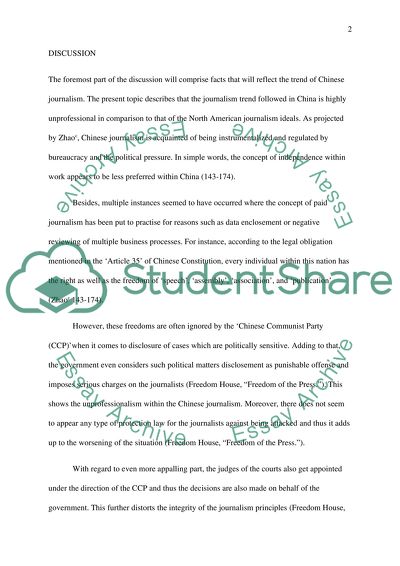Cite this document
(“Chinese Journalism Essay Example | Topics and Well Written Essays - 2000 words”, n.d.)
Retrieved from https://studentshare.org/journalism-communication/1648533-chinese-journalism
Retrieved from https://studentshare.org/journalism-communication/1648533-chinese-journalism
(Chinese Journalism Essay Example | Topics and Well Written Essays - 2000 Words)
https://studentshare.org/journalism-communication/1648533-chinese-journalism.
https://studentshare.org/journalism-communication/1648533-chinese-journalism.
“Chinese Journalism Essay Example | Topics and Well Written Essays - 2000 Words”, n.d. https://studentshare.org/journalism-communication/1648533-chinese-journalism.


